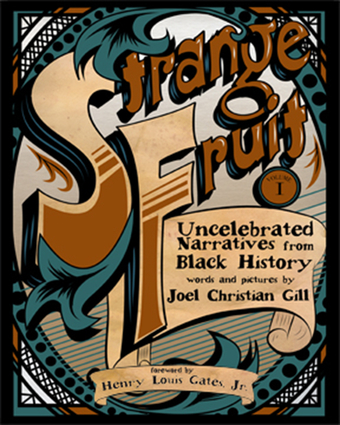Marrying Black Girls for Guys who aren’t BlackPosted in Africa, Autobiography, Books, Media Archive, Monographs, South Africa on 2016-07-16 14:48Z by Steven |
Marrying Black Girls for Guys who aren’t Black
Jacana Media
October 2013
256 pages
198 x 130mm
Paperback ISBN: 9781920601287
d-PDF ISBN: 9781920601294
ePUB ISBN: 9781920601300
mobi file ISBN: 9781920601317
White guy Hagen Engler had been married to his black wife for a couple of years before he realised he was still a racist! Marrying Black Girls for Guys Who Aren’t Black describes his journey from being the whitest person this side of a Smokie concert to being slightly blacker, if not visibly so. Combining anecdotes, rhymes, essays and freestyle political discourse, the book charts a personal route to an integrated society in Unit 2, Sandown Court, Johannesburg. As the newly disenfranchised minority in his lounge, Hagen has gained a fresh insight into the struggles of the oppressed. Living with a gorgeous, militant black woman has helped this armchair liberal understand cultural and economic reality and also realise that while he can appreciate the kwaito-house works of Oskido and the later releases of Letta Mbuli, he will never enjoy Basketball Wives, Kenny Lattimore, or boiled tripe. The jury’s still out on umleqwa too. Once you make your peace with skin colour, does race even exist? Or is culture what distinguishes us? What happens when a surfer/bungee-jumper/rock ’n’ roll goofball hooks up with a black-diamond struggle veteran and shoe fetishist?
It’s hard to be a neoliberal hardliner when your partner’s real-life experience undermines all your prejudices. It’s cultural exchange over the TV remote; race relations in the contested space between the sink, the toaster and the microwave, as yet another mixed marriage cocks up the race debate. Hagen Engler learns about himself and our emerging, common culture as much as his lovely black wife in How to Marry a Black Chick for Guys who are White.
He has surfed Hawaii, run the Comrades, climbed Kilimanjaro, been sued by a clown and eaten a praying mantis. So a lot of the bucket-list boxes have been ticked.








